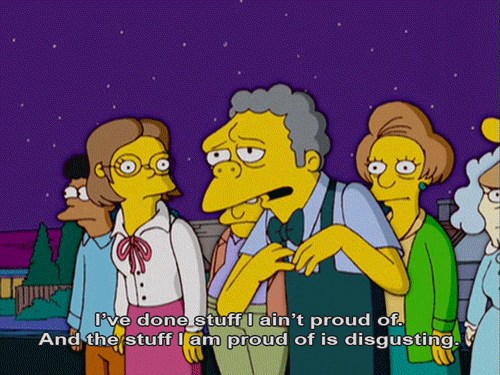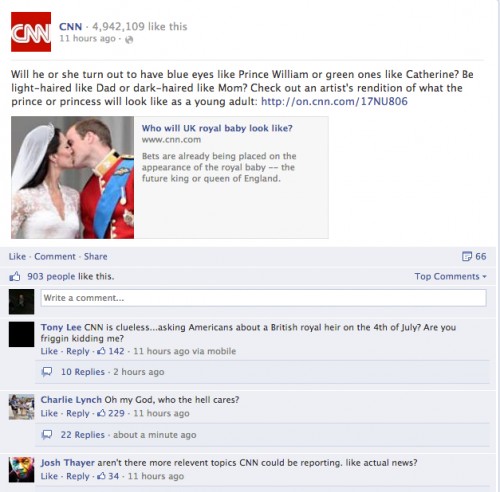In our ongoing conversation about tracking “negatites” (what you might have but ended up not doing–this is a riff on Jean-Paul Sartre’s concept of the role of negation in human existence), I think we Cyborgologists may have hit on something. David’s post implied or begged the concept, I identified it, and Sunny explained how it relates to quantum physics. In a comment on Sunny’s post, David described this “Theory of Negatite Social Action (NSA, haha)” that we’re proposing as something “like the dark matter of social action.” I don’t know a lot about quantum physics, but I DO know a lot about political philosophy. So while I’m going to rely on y’all to fill in and/or correct me on the physics and big-data-tech side of things, I’m going to attempt to use some political theory to push these ideas forward and see where it takes us. Because this is genuinely an attempt (or an experiment, even), I’ve framed my post in the form of questions. Consider my answers provisional attempts at thinking through these questions.
1. Why do we care about negatites/dark social action? Why is it relevant now?
Here, I want to argue why I think explicit attention to negatites/dark social action is something that is likely to happen, if it isn’t already happening. There are two main motivations to monitor, track, and care about what people could but don’t do. more...









